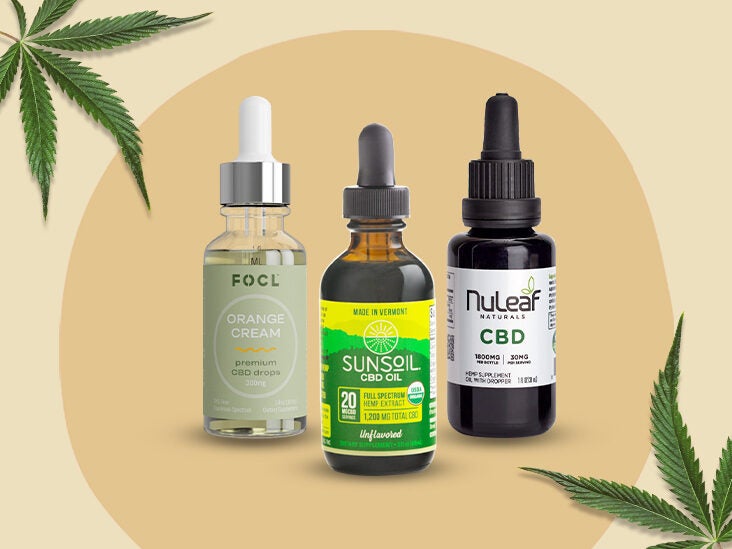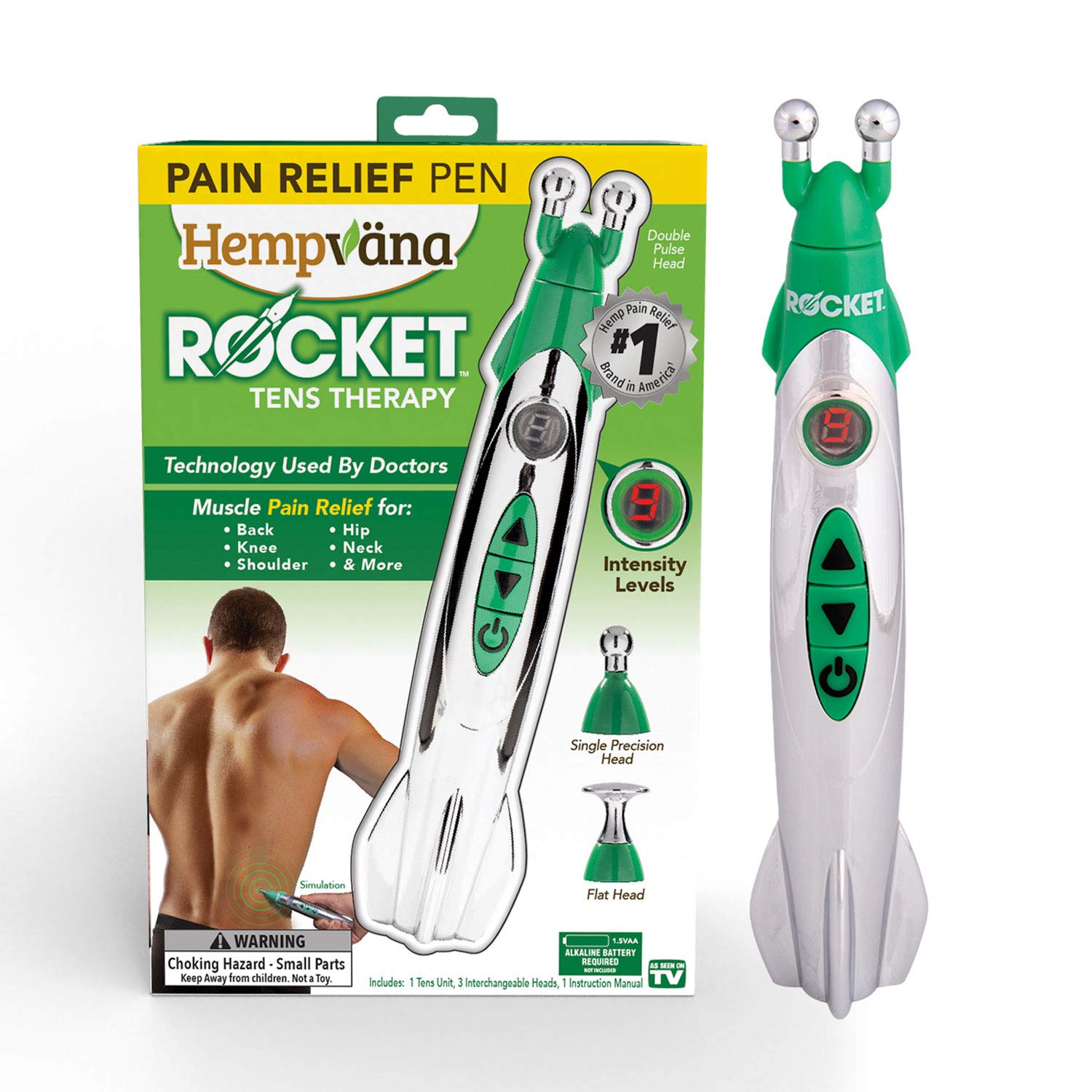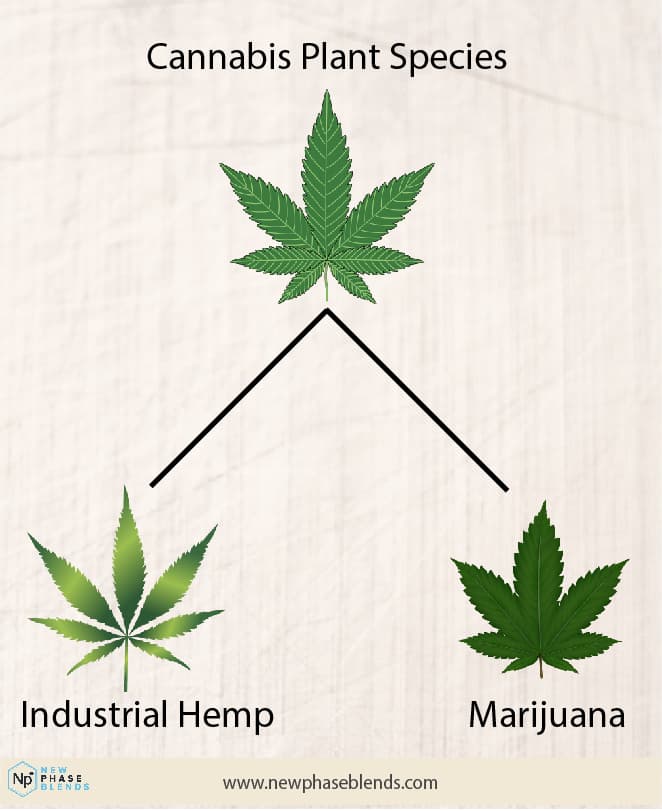
CBC Cannabinoids are a category of chemicals in cannabis with various medical applications. CBCs can be used to treat pain and provide a therapeutic effect. These are just a few of the many benefits that CBC offers. Continue reading to learn more about CBC and the alternatives. Cannabidiol, Cannabigerol, and Cannabidiol can be legal alternatives. Both are anti-inflammatory and have antioxidant properties. They can also help prevent premature cabello ageing.
CBC cannabinoid
In the 1980s, researchers began to focus on the antibacterial properties of the CBC cannabinoid. Turner and ElSohly discovered that CBC can be used to fight a variety of bacteria including staph and E. coli. Recent research has shown that cannabinoids have the same effectiveness against MRSA than the antibiotic Vancomycin, without any side effects.

Cannabigerol
Cannabigerol, also known as CBG, is an industrially fermented cannabinoid that is sometimes called the stem cell to cannabinoids. It has a high therapeutic value and is not psychoactive. It is the first cannabis-derived cannabinoid. Although CBG has less popularity than CBD, it has been found to have beneficial effects on the human body.
Cannabidiol
CBGA, a chemical compound that is biosynthetically synthesized from all cannabinoids, is derived primarily from olivetolic acid. CBGA can interact with CB1-receptors in the human brain. It increases the activity in anandamide, a neurotransmitter which regulates appetite, mood, sleep, and pain. This cannabinoid treats a wide range of conditions, including depression, anxiety, and pain.
Cannabinol
Cannabinol, also known as CBN, can be found in marijuana. CBG is typically very minimal in cannabis strains. CBN can have many benefits. It has the potential to boost dopamine and support sleep, appetite and mood. CBN can also be used to modulate brain serotonin receptor activity and uptake of GABA, which can help reduce anxiety and depression.

Cannabichromene
Cannabichromene is a chemical made by specific plant enzymes. It has been demonstrated to have high levels of pain and inflammation prevention in animal studies. It has antibacterial, antifungal and other properties. It is thought to improve the effectiveness of THC and other cannabinoids. It has many benefits, even though it isn't known if it has a direct impact on the immune systems.
FAQ
What is the future in CBD?
The future of the CBD industry is bright. It's easy for people to get on board with this sector. With CBD products accounting for over $1Billion in global consumer spending, it is easy to see how the market is growing exponentially.
Statista estimates that worldwide cannabidiol sales will hit $22.4 billion by 2019. That's an increase of almost 200% from 2018!
The CBD market is also predicted to grow at a compound annual growth rate of 22.5%, which equates to nearly $6.8 billion in revenue by 2022.
This is great news for companies looking to enter this space as well as those already operating in the sector. However, the CBD market is still in its infancy. This means that there will be challenges.
Where can I get CBD products?
You can purchase CBD online or at local retail stores. Online retailers often offer better deals. Many websites will sell CBD products that contain industrial hemp. It contains less than 0.3% of THC.
Local shops are a good option if you prefer to shop locally.
A lot of states have passed laws that allow consumers to purchase CBD products without the need for a prescription. CBD products can be purchased at your local pharmacy in some states if you are one of them.
CBD products may be delivered right to your doorstep.
Which CBD products are most popular?
CBD products are popping up everywhere. People are buying them for everything from anxiety to pain relief. The market is big and growing fast.
But for what purpose do people buy CBD? What does this mean for brand owners?
Well, according to Statista, CBD products are being bought for their relaxing effects. They are also purchased for their antiinflammatory properties.
If your product contains both CBD and THC, it can be used for medicinal and recreational purposes.
What about brands that are focused on a single purpose? A company selling CBD for stress relief is an example of a brand that will not be challenged.
A brand that focuses on CBD for medicinal purposes will also have a large customer base.
However, a brand that wants to target recreational customers must develop a unique selling message (USP). A USP can be described as a unique selling proposition (USP) that is unique to a brand.
For instance, some brands offer free shipping and others offer discounts on bulk orders.
Is the CBD market saturated or not?
CBD is seeing a steady growth rate of 25 percent annually. This growth will continue at least five years. In fact, the industry is projected to grow from $2 billion today to $5 billion by 2020.
Two companies are currently dominating the CBD market - GW Pharmaceuticals & Canndoc Ltd. Both are focused on developing pharmaceutical-grade products. But they have not been particularly successful. They are both struggling to gain traction in the marketplace.
Cannabidiol is an extract of cannabis with less than 0.3% CBD. It does not cause any psychoactive effects. It can be used to treat epilepsy, and other medical conditions. It is also commonly used as a dietary supplement.
There are many varieties of CBD products. Some CBD products contain whole plant extracts. Others use CBD-rich cannabinoids.
These products all have one thing in common: they contain low amounts of THC.
This makes them legal under US federal law. You will still need to follow local laws if you are selling CBD products. Always check your state's laws regarding CBD products.
Some states also make CBD products illegal. These include California and Colorado, Florida, Mississippi. Missouri, New York. North Carolina. Ohio. Oklahoma. Oregon. Rhode Island. South Dakota. Texas. Utah. Virginia. Washington.
You will want to stay clear of CBD products if you are from one of these states.
How big does the global CBD market look?
Euromonitor International estimated that the global CBD industry was worth $US3.5 billion in 2015. This is more than 10% higher than 2014
This report predicts that the figure will rise to $US6.4 trillion by 2020, which is an average annual growth rate at 12%.
CBD products will make up around half of all products derived from hemp by 2020.
This includes CBD oils.
How can CBD products be successfully promoted by companies in a regulatory-compliant way?
The FDA does NOT regulate hemp as an agriculture commodity. The Controlled Substances Act governs all other cannabis derivatives, such as marijuana. CBD has yet to be subject to specific regulations.
CBD is legal in 29 states. However it is still illegal under federal law. This uncertainty is a problem for CBD-product sellers.
The FDA also has guidelines for how CBD products should be advertised. The FDA requires that all CBD products clearly disclose their THC content. Without scientific evidence supporting this claim, CBD cannot be used to treat certain medical conditions.
Additional information is required by the FDA regarding manufacturers' manufacturing practices, quality control measures, and other details. Companies are also required to participate in clinical trials in order to demonstrate safety and efficacy.
Companies should consider these factors when developing their own marketing strategies.
Is CBD a good investment?
The demand for hemp-based goods continues to rise as more people realize their benefits. According to some estimates, there will be 1 billion dollars worth of hemp-based products in stores by 2022.
Market growth is expected to continue at a rate of more than 20% annually until 2020 when it will reach $2.5 billion.
Hemp oil is already used in many beauty and health care products such as lotions, shampoos, lip balms, moisturizers, body butter, and skin creams.
There are also several companies producing CBD-infused beverages, snacks, pet foods, dog treats, and other food items.
CBD is currently legal in all 50 states, although this may change soon. More research into CBD's potential uses will be done, which will make it easier for businesses and law enforcement to do business legally.
These are all factors that make CBD investments a viable venture.
Statistics
- HR −16 mmHg; 95% CI −26, −6; I2 = 92%) (ncbi.nlm.nih.gov)
- however, one study also found that these effects were virtually abolished when the original media (a nutrient broth agar) was replaced with one containing 5% blood (increasing the minimum concentration to ~160 μM CBD) [179]. (ncbi.nlm.nih.gov)
- A recent study [161] also found that in vitro CBD treatment (i.e., ≤ 2 h exposure to 10 μM) induced ~40% vasorelaxation in isolated (pre-constricted) (ncbi.nlm.nih.gov)
- The use of these products is likely to become even more widespread if the World Health Organization's recommendation that CBD no longer is scheduled in the international drug control conventions is adopted by the United Nations member states [201]. (ncbi.nlm.nih.gov)
- As a substance that was federally illegal before the passage of the 2018 Farm Bill, hemp-derived cannabinoids with no more than 0.3% THC still face a regulatory grey area. (forbes.com)
External Links
How To
How to Get Certified for Selling CBD Products
CBD (cannabidiol), one of the many cannabinoids found inside cannabis plants, is one. It has been used medicinally for centuries, even in South American countries like India, China, and China. Its ability to treat anxiety, pain and epilepsy has led to it becoming increasingly popular in recent years. However, CBD products cannot be sold by anyone unless they are certified by the U.S. This means that any person who wants to sell CBD products must use the "unofficial" process called self-certification.
There are two options. First, join a local canna-business owner association. By joining a local association of canna-business owners, you will be able to learn from others and receive support and advice. There are currently dozens of associations around the country. Second, you can go online. Many states allow canna businesses to operate online. If your state allows online canna-businesses, you can immediately set up a website and begin accepting orders. You must register with the Department of Public Health in your state. Once you have registered, your state's Department for Public Health will issue you a license. Once you have your license, it is legal to open your shop and accept orders.